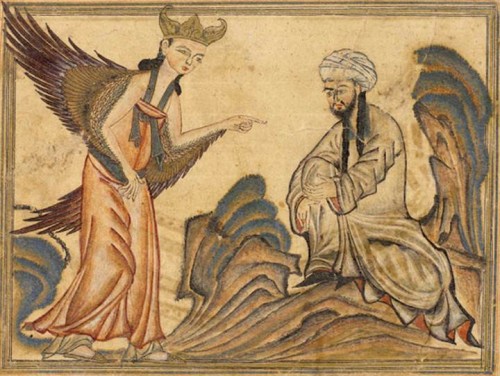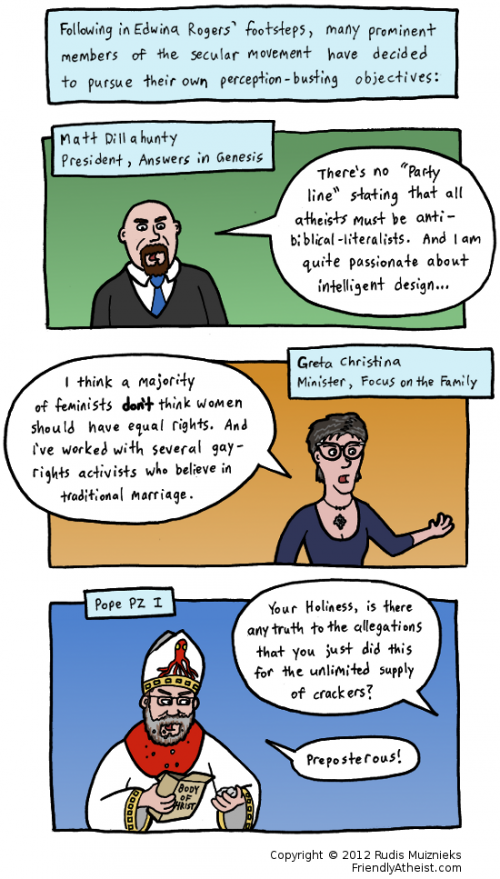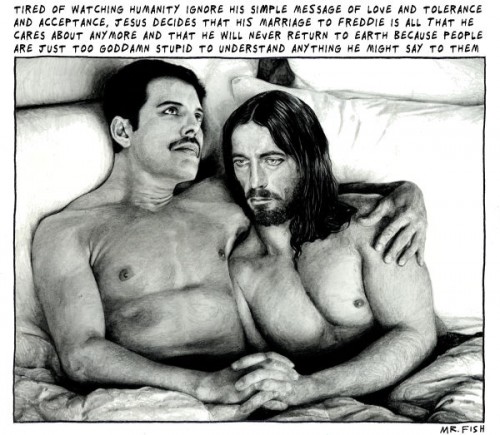Damned social networking sites! They’ve been destroying people’s lives since the 17th century, when the hot app was called “Coffeehouse” rather than “Facebook”.
Enthusiasm for coffeehouses was not universal, however, and some observers regarded them as a worrying development. They grumbled that Christians had taken to a Muslim drink instead of traditional English beer, and fretted that the livelihoods of tavern-keepers might be threatened. But most of all they lamented that coffeehouses were distracting people who ought to be doing useful work, rather than networking and sharing trivia with their acquaintances.
When coffee became popular in Oxford and the coffeehouses selling it began to multiply, the university authorities objected, fearing that coffeehouses were promoting idleness and diverting students from their studies. Anthony Wood, an Oxford antiquarian, was among those who denounced the enthusiasm for the new drink. “Why doth solid and serious learning decline, and few or none follow it now in the university?” he asked. “Answer: Because of coffee-houses, where they spend all their time.”
And look! Muslims were wrecking Christiandom even then! And don’t get me started on those students, screwing around in idle chitchat all the time…





